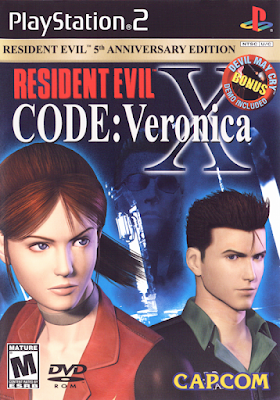Back in 2014, the original Five Nights at Freddy’s (FNAF) caught the internet by storm and, within a year, became a series that exploded in popularity as fans obsessively dissected the ever-expanding lore. In April 2015, this popularity led to the announcement of a film adaptation from Warner Bros. While the franchise continued its reign as a cultural juggernaut, however, the film itself had unfortunately entered a development hell that saw a change in studios, from Warner Bros. to Blumhouse Productions, multiple director changes, from Gil Kenan to Chris Columbus to Emma Tammi, and several scrapped scripts (some fans have suspected that Warner Bros. retooled one of these scripts into The Banana Splits Movie, which, if true, wouldn’t surprise us). Only in 2023 did the film finally enter production, as series creator Scott Cawthon, who had a very hands-on role from the beginning, had finally approved a script he loved.
As a fan of the series (even if I had only watched Markiplier play the games until I played Security Breach and its DLC for myself), I had experienced the emotional highs and lows from following the production for years, ending with excitement as news from the final production slowly trickled in. With final details of the story mostly shrouded in mystery until the official trailers rolled in, I had no idea what to expect, but still remained optimistic and got tickets for a screening on opening day, where I watched with someone who didn’t know anything about the games or expanded universe. As a fan, I can happily say that while the final film likely won’t go down as a classic of the genre, it’s a very enjoyable love letter to the series and its fandom that even newcomers (who the marketing doesn’t do much to entice) can still get into.

















.jpg)














